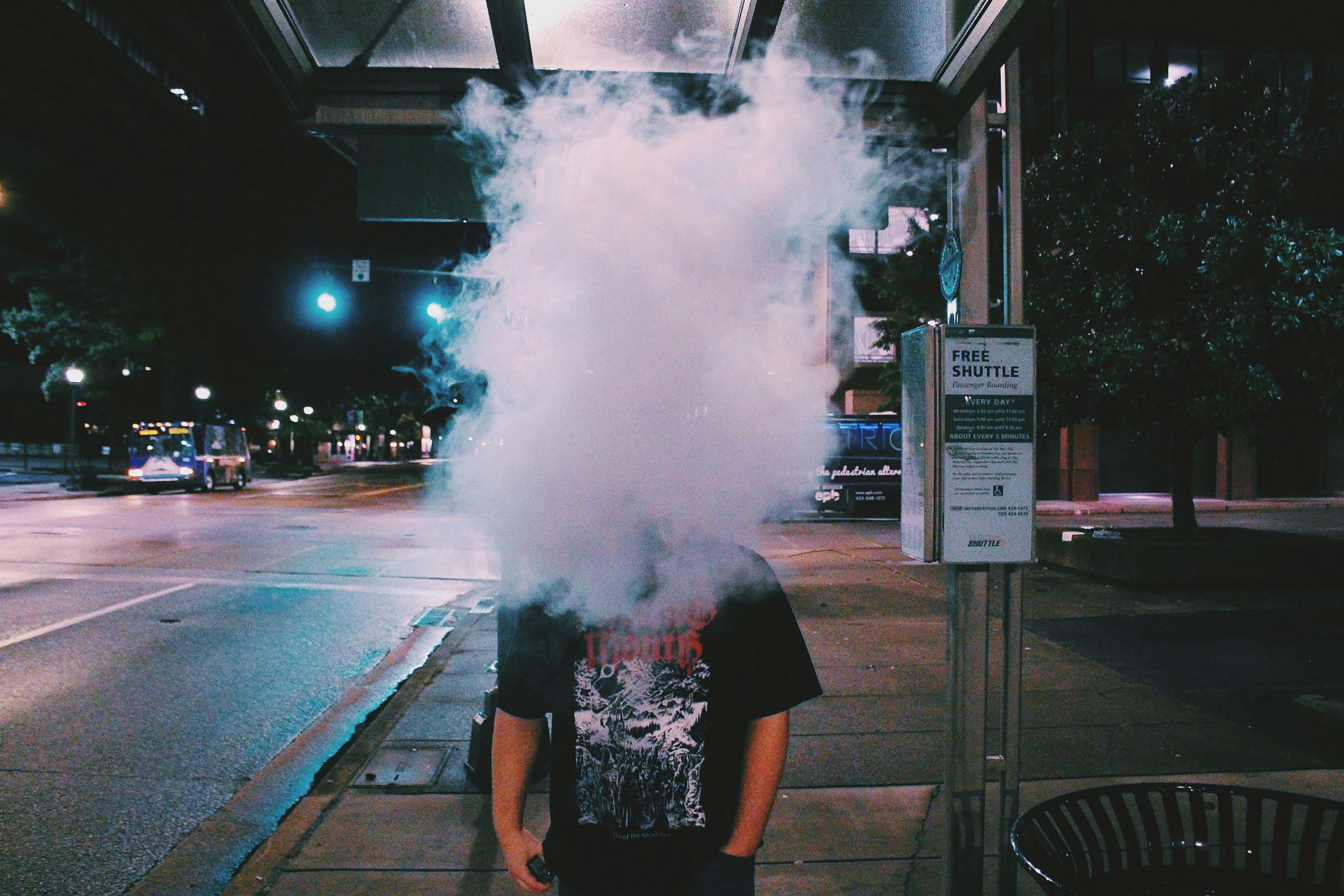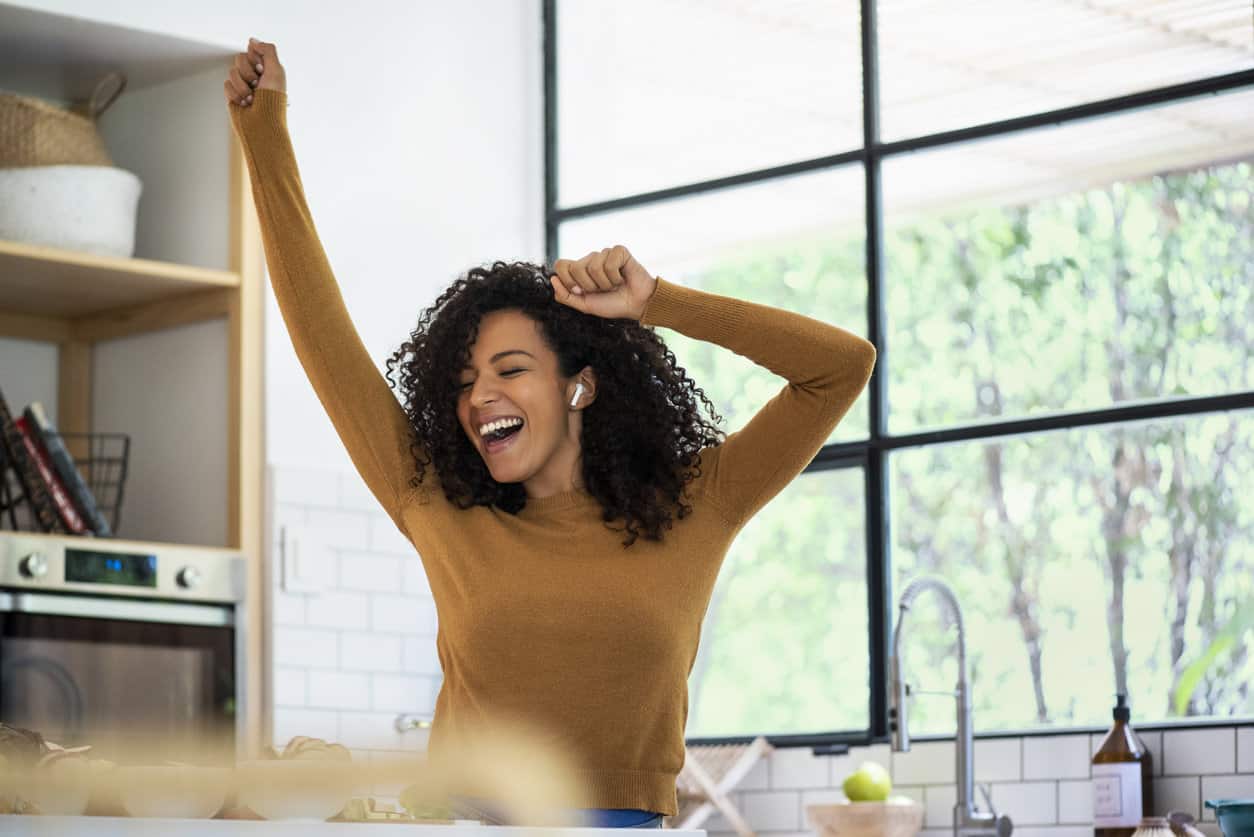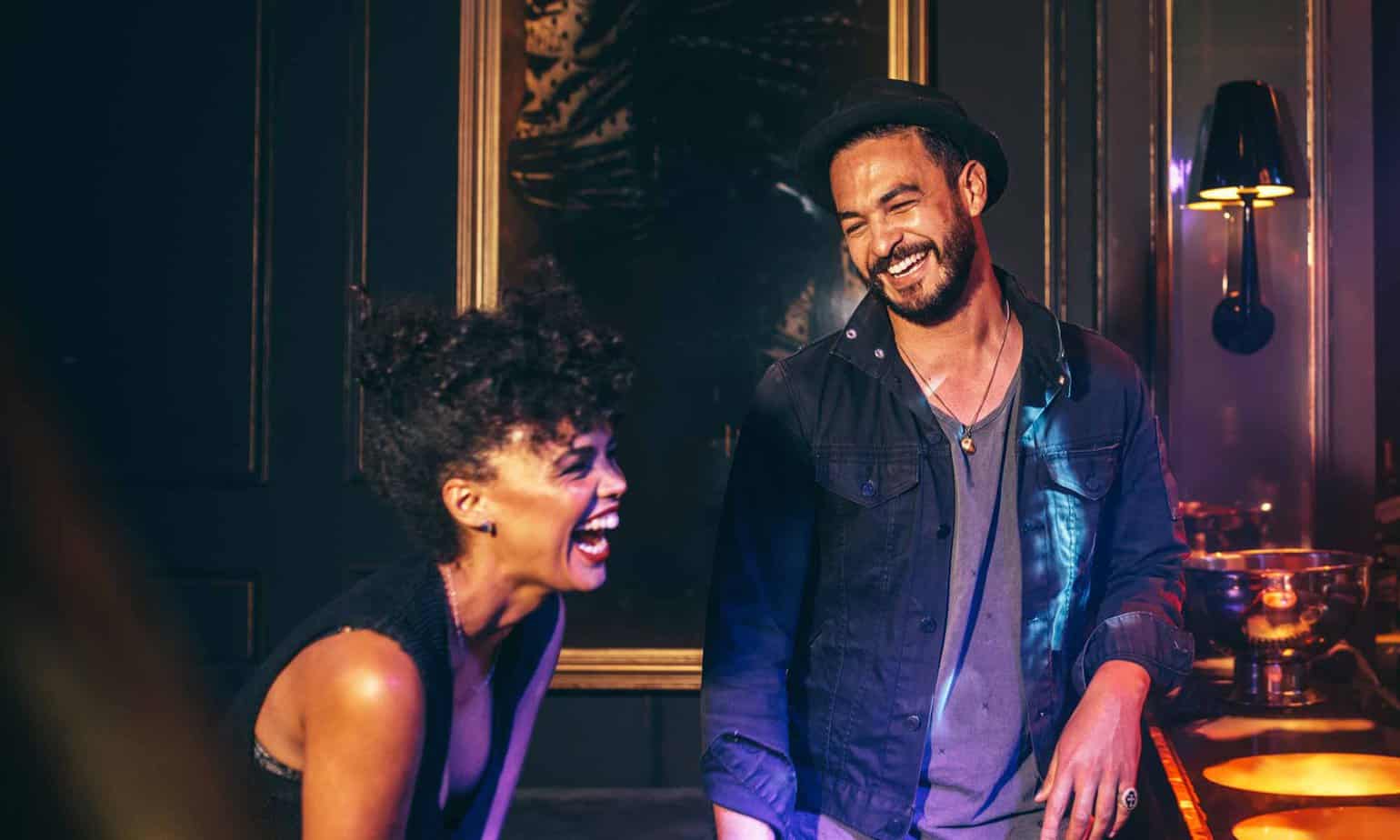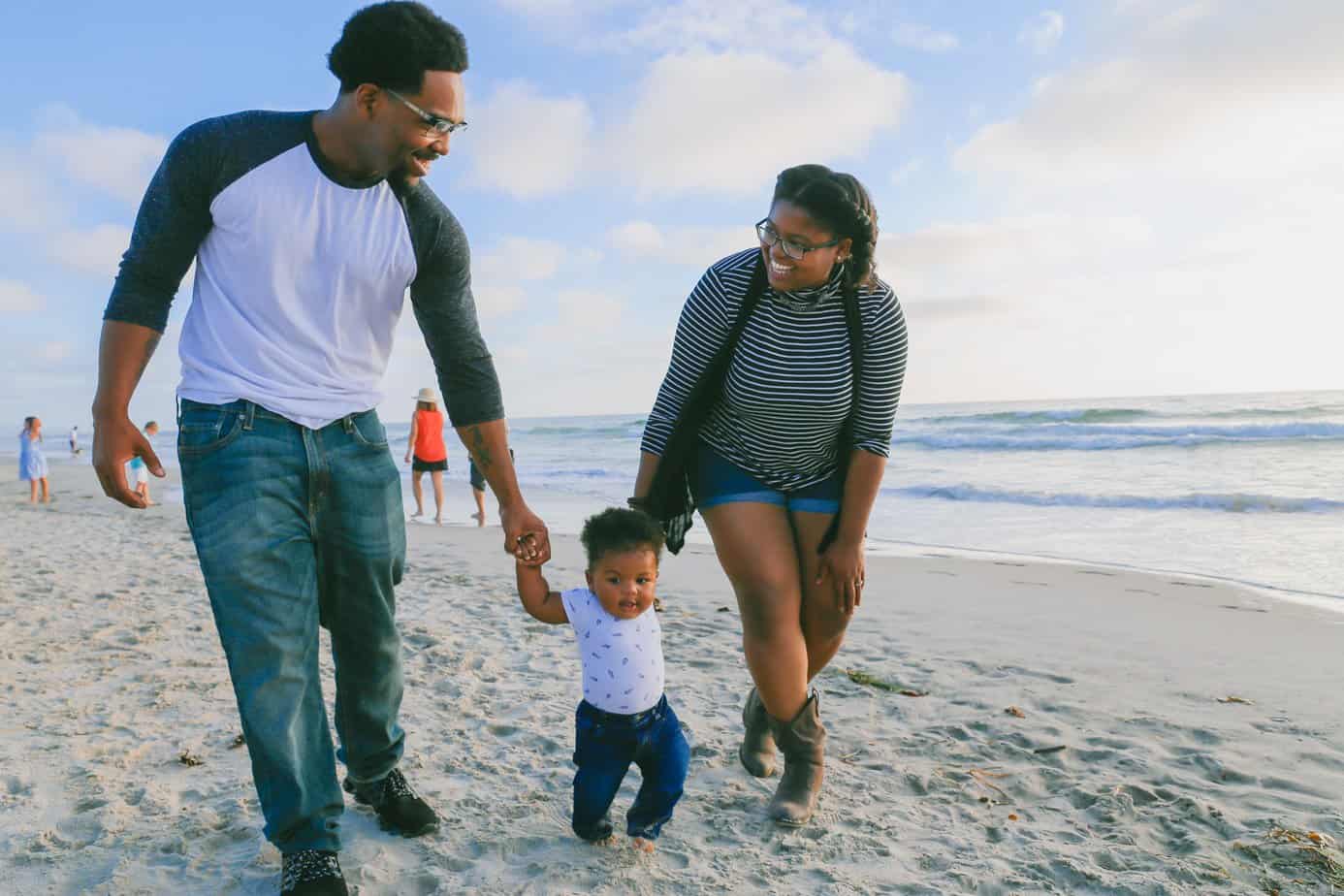In recent years, non-alcoholic beverages have grown in popularity. Many people are following a “sober curious” lifestyle while others may be trying to avoid the negative health effects of drinking beer, wine, or other alcoholic products. The low-to-no alcohol category surpassed $11 billion in 2022, up from $8 billion in 2018, and is predicted to grow an additional third in 2026, driven mainly by non-alcoholic products. It’s a personal decision on whether or not these drinks are for you, but here is what you should know, especially if you are in recovery.
What are Non-Alcoholic Drinks?
Non-alcoholic drinks, designed to mimic alcoholic beverages, contain little to no alcohol. They serve as alternatives for people who choose to refrain from consuming alcohol or are in recovery. These drinks taste similar to beers or cocktails and come without the associated risks of intoxication, a buzz, or hangovers.
There are several brands that offer NA beer like Brooklyn Brewery, Suntory, and Heineken. Some companies are also experimenting with non-alcoholic cocktails, also called “mocktails”, which can come as mimosas, mojitos, and ginger beer. There are also adaptogen drinks made with “mood-boosting” or “mind-calming” substances, like ginseng or ashwagandha, all of which are still being researched. While these options may be helpful for some in sobriety, they are also triggering for others.
In the United States, anything that’s less than 0.5 percent alcohol by volume (ABV) can be labeled “non-alcoholic.” It is extremely difficult to get a slight buzz off a beer that’s 0.4 percent ABV (Most regular beer has an alcohol content of around 5 percent ABV.) Although some beers claim that they are 0.0 percent ABV, the labels can be misleading. In fact, one study of 45 beverages claiming to contain no or low alcohol content revealed that nearly 30 percent of them harbored more alcohol than stated.
The Appeal of Non-Alcoholic Drinks
Part of the interest in NA beverages can be due to increased awareness of mindfulness and mental wellness, as well as greater ingredient consciousness and desire for natural and plant-based foods. During the pandemic, many individuals were open about discussing their mental health and how to take charge of their well-being. People started reexamining their relationship with alcohol, as this can be a huge reason for experiencing symptoms of anxiety or depression.
The appeal is also there for those in recovery. Non-alcoholic options may help some recovering addicts feel included in social activities without compromising their commitment to sobriety. These alternatives promote a sense of belonging and eliminate the feeling of being left out. However, that is not to say that NA drinks are recommended for everyone in the sober community. There are some recovering folks who feel perfectly content enjoying a party or hangout with a cup of soda in their hand or no drink at all.
What if You Get Triggered By These Drinks?
If you feel triggered around non-alcoholic beverages there are strategies you can use to reduce your discomfort. You should first recognize that the feelings you are experiencing are valid. What is important is how you respond. Engaging in mindfulness techniques, like deep breathing or meditation, can help you stay grounded in the present moment and ease the intensity of your emotional reactions. You can also call a trusted loved one. If you are out in public or at a party, it is okay to leave the room to find a quiet space or go for a walk outside.
After you move past your trigger, you should create a plan for next time. For example, if you know that you get triggered in social settings or around NA beers, then it may best to avoid them until you are ready. You should also become more aware of why the trigger happens. Is it the smell, the sight, or the social context? Understanding your triggers can help you manage your reactions better.
Weighing the Pros and Cons
Non-alcoholic beverages come with both positive and negative aspects for individuals in addiction recovery. Below, we’ll explore some of the potential benefits and drawbacks:
Positives:
- Sobriety Support: Non-alcoholic drinks can provide a sense of normalcy for individuals in recovery by allowing them to participate in social situations where alcohol is served without risking their sobriety.
- Health Benefits: Alcohol-free beverages are generally healthier, as they don’t carry the risks associated with regular alcohol consumption, such as liver damage, addiction, and impaired judgment.
- Variety: There is a wide variety of non-alcoholic options available, from non-alcoholic beers and wines to creative mocktails, providing individuals with a range of choices to suit their preferences.
Negatives:
- Triggers: Some people in recovery may find that the taste or appearance of non-alcoholic drinks triggers cravings for real alcoholic beverages, potentially increasing the risk of relapse.
- Social Pressure: In social settings where alcohol is prevalent, individuals in recovery may feel pressure to drink alcohol or may be stigmatized for choosing non-alcoholic options.
- Psychological Dependency: While non-alcoholic drinks are intended to be a substitute for alcoholic beverages, there is a risk that individuals may become psychologically dependent on these substitutes as a coping mechanism.
- Misleading Labeling: Some non-alcoholic drinks may contain trace amounts of alcohol that can be problematic for those who are sensitive to even small amounts of alcohol.
- Cost: Non-alcoholic drinks, especially craft mocktails and alcohol-free versions of premium spirits, can be costly, potentially straining a person’s budget in the long run.
Ultimately, whether non-alcoholic drinks are beneficial or detrimental for an individual in recovery depends on their personal preferences, triggers, and level of self-control. It’s important for individuals in recovery to be mindful of their own needs and speak with a healthcare professional or addiction counselor if they have concerns about the use of non-alcoholic beverages in their sobriety journey.
If you or a loved one is struggling with addiction, Mountainside can help.
Click here or call (888) 833-4676 to speak with one of our addiction treatment experts.

 By
By 







